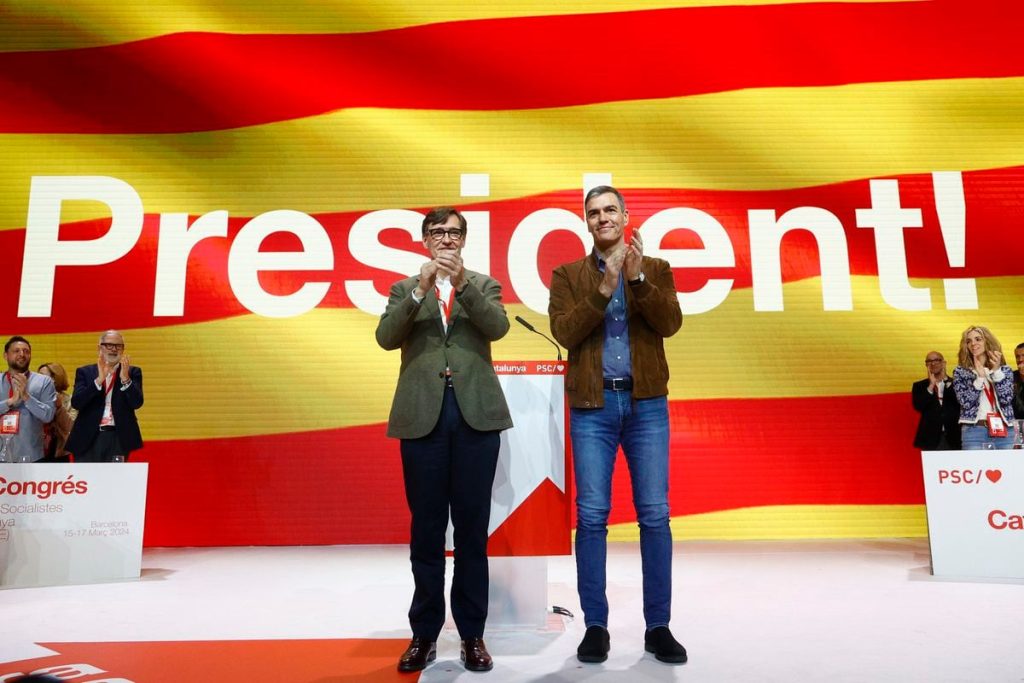The concept of victory is one of the most complex in strategic studies. Carl von Clausewitz, the founder of modern discipline, mentioned the culmination point of victory as the moment when it is more convenient to negotiate a favorable peace rather than continue the conflict. Another fundamental thinker, Basil Liddell Hart, studied the cost of victory, concluding that a victory can be useless if the cost results in economic, military, or societal breakdown for the victor. Centuries earlier, King Pyrrhus of Epirus reached the same conclusion after a costly and bloody victory against the Romans when he famously said that another victory like that would destroy him.
The general elections on July 23rd resulted in a divisive outcome where achieving victory, or forming a government, depended on alliances with parties with divergent interests. How far the PP and PSOE were willing to negotiate with these forces would determine the possibility of victory and its cost. The PSOE was able to convince enough deputies to secure the presidency. The cost, inevitably, is the cost of the last necessary vote; the cost, obviously, is the amnesty law and the web of tacit agreements and agreed disagreements that surround it.
Supporters of this pact argue that the alternative, a government led by the PP, was much worse, and the cost outweighed the benefits. Regarding the amnesty itself, there were criticisms against it even from within the socialist party before the elections. These objections vanished post-election, including the concerns of non-nationalist Catalonia, the first victim of the process and post-process, and the hope for an equitable reconciliation of Catalan society. The current reconciliation framework reinforces the separatist movement and dismisses the reality that separatists still feel morally superior and scorn dissenters.
However, the price of this victory is higher and more damaging. A government that goes back on its promises and justifies it with lofty reasons while the true motives are evident undermines trust in politicians. In devaluing the value of words, the government essentially says, “We will prevent the right-wing from governing, but you can never trust what we say.” Is it worth paying this price? After securing an enhanced amnesty, a party led by a vice president rejects the Catalan budgets presented by the party it governs with in Madrid, leading to new Catalan elections.
Let’s recount once more to see if the outcome differs this time. Perhaps this time, Salvador Illa wins the elections and has the chance to form a government. This would be seen as the final proof that the separatist movement is over and Catalonia has moved on. However, considering the cost of this victory, Illa will likely need the support of ERC to govern. The only concession that could satisfy ERC beyond the amnesties would be a referendum. The trust in politicians has already been eroded, which poses a threat to representative democracy. Winning the elections and agreeing to a referendum might be seen as a victory, overlooking the extinction of a once meaningful collective project. Miguel Aguilar is an editor. Subscribe to continue reading.


